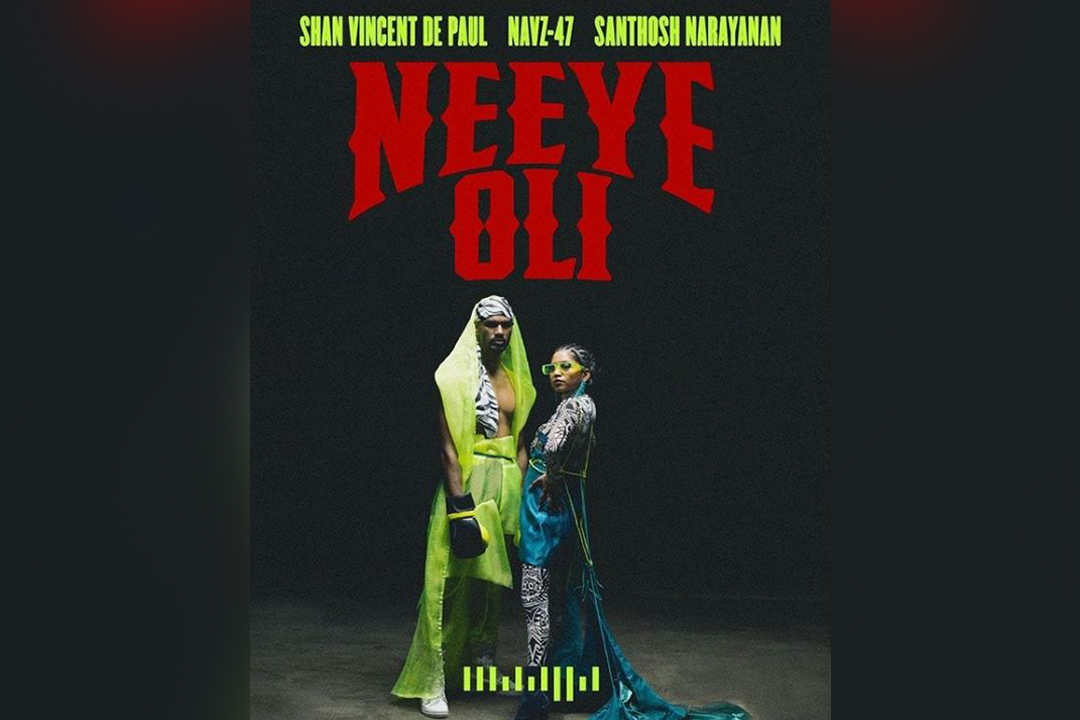 Maajja, a platform that aims to give platform to South Asian indie musicians, is an initiative by Oscar-winner AR Rahman
Maajja, a platform that aims to give platform to South Asian indie musicians, is an initiative by Oscar-winner AR Rahman
For decades, thousands of first and second generation South Asians in the West have grown up feeling insecure or conscious of their culture and native languages. To instil confidence and normalize regional music, a Toronto-based music label is encouraging South Asian musicians to use their cultural sounds and native music by helping them get a platform to showcase their talent.
Titled Maajja, the music label is co-helmed by Noel Kirthiraj. It was launched earlier this year, when the world was still battling Covid.
The label helps artists record songs in Tamil and other regional languages. It also gets them access to radio and online streaming platforms.
Read: Meet Neil Nayyar, the Indian American musical child prodigy (May 17, 2021)
Oscar winner A.R. Rahman released a video announcement of the initiative earlier this year. “Sometimes you have an idea – a call within you,” he said. “You keep trying it again and again until it succeeds.”
The announcement video also featured multiple independent artists and bands from south India. They include Siennor, Leon James, Mugen Rao, Maalavika Sundar, Karthik Devaraj, Shan Vincent De Paul and Yanchan, Pradeep Kumar, Tenma and Gaana Muthu, Two’s A Company, R K Arvin, The Casteless Collective, NXT Sister Duo, Sathyaprakash, Sakthi Amaran, Sarika, Contra and Eboshi of Cartel Madras, Pravin Saivi, M.I.A, Staccato, Sean Roldan and friends, Shashaa Tirupati, and Navz – 47.
Read: Raashi Kulkarni, first Indian American selected for Universal Composers Initiative (August 23, 2021)
Interestingly, despite more second and third generation immigrants in the West taking to English as their first medium of conversation and expression, regional languages have also been rising in popularity. South Indian anguages such as Telugu and Tamil are among the fastest growing languages in North America.
The idea behind the label is to instill a confidence and belief that lesser known regional or ethnic languages can pull crowds. On the inward front, this new music movement also creates a space to talk about music as a career within South Asian communities where traditionally academic achievements have been considered medallions of success.
“Even though music arts in general is a big part of our culture, I never felt that either myself or the people around me ever got the encouragement from the families to pursue arts,” Kirthiraj, CEO and co-founder of Maajja, told CBC recently. “For us, it’s about creating opportunities so that we have more and more artists who are South Asian, Tamil that could be on the world stage.”



